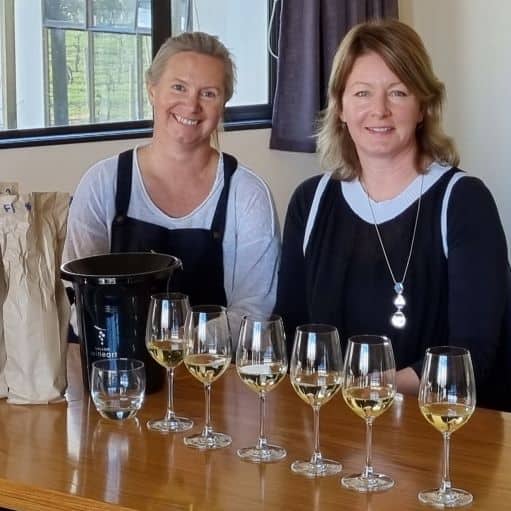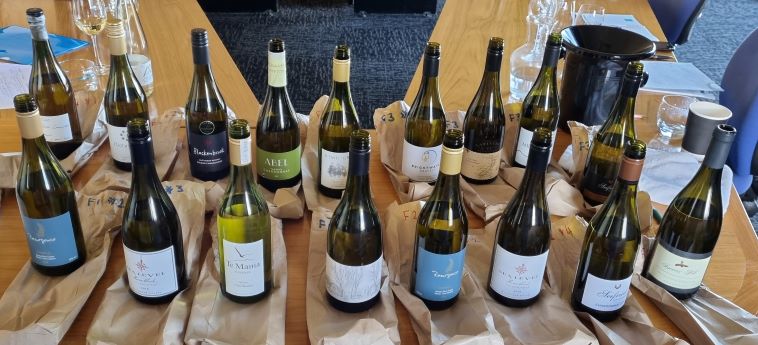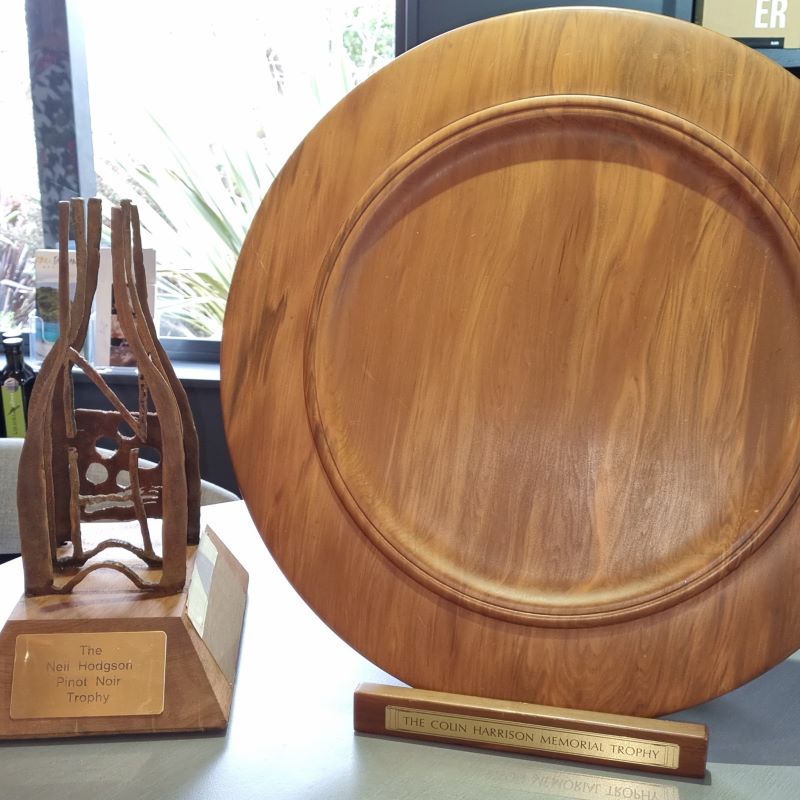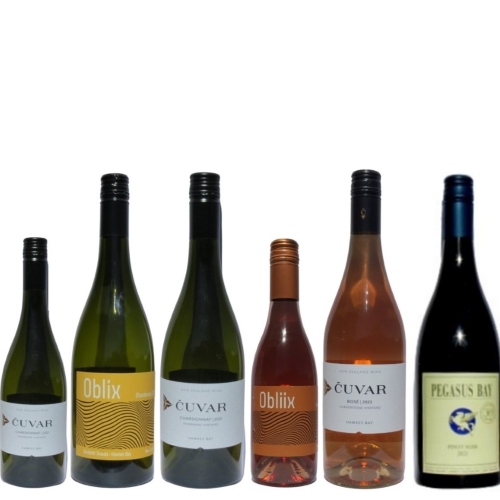
Choosing Top Nelson Chardonnay
Wine producers in the Nelson region are a very lucky bunch of people, the soil and climate conditions here mean they are able to produce a number of varieties incredibly well unlike some other regions, Chardonnay is one of those varieties.
If you think about Marlborough the first grape variety that comes to mind is Sauvignon Blanc, and fair enough too, after all it is the variety that made the region and New Zealand wines famous around the world. It also accounts for a huge percentage of wines made in the region (and New Zealand). However even though Sauvignon Blanc is the first that comes to mind they do produce other outstanding wines; including Pinot Noir, Riesling and Chardonnay.
Martinborough is linked firmly with Pinot Noir as are Central Otago and Waipara while Hawke’s Bay and areas to the north (including Auckland and Waiheke Island) are well known for fuller style red wines like Syrah and Merlot along with Chardonnay.
The grape growing versatility offered in the Nelson region can be a bit of a hindrance when it comes to putting a stake in the ground and saying “we are the best at making a particular variety in New Zealand.”
Chardonnay is the most popular white wine in the world, from Chablis and Burgandy in France to Washington State, Oregon and California in the US, Argentina, South Africa and Australia it is a variety that is able to be grown in many countries and environments, even right here in Nelson.
While most other regions in New Zealand produce Chardonnay I think there’s a great argument for claiming some of the country’s best examples are made in Nelson, and it’s made in a variety of styles. From the leaner Chablis style to the rich and opulent Burgundy style, it is produced by very talented viticulturists and winemakers who understand the land they are growing fruit on, the flavours delivered by that land and how to make the very best wine possible from the fruit they grow.
Each year I help judge the Colin Harrison Memorial Trophy for the region’s top Chardonnay and this year fellow judge Jane Docherty and I tasted our way through 24 Chardonnays entered by wineries in the region, not every winery chose to take part but those who did made sure we had a tough job.
The only real requirements for entry are that the wines need to be made in Nelson from fruit grown in the region and be commercially available, no sneaky entries of wines they no longer have enough of to sell. Wines entered ranged from the 2018 vintage to the recently bottled 2020 vintage and include a big range of styles and price points. The wines were served to us ‘blind’ by Wine Nelson administrator Amber Johnston so the only thing we knew when judging was that the wine in the glass was Chardonnay.
As judges we look for well made wines, not just wines we like. While I know a good wine when I taste one and can pick wine faults from about a mile away, having Jane as a judge was fantastic because, as a winemaker, she brings a lot of technical knowledge to the task. If we’re not happy with a wine she can generally point to what went wrong in the winemaking or if we like a particular wine she can generally identify the techniques that went into producing the wine.
We all have different taste buds so just like some people like chili and others don’t, enjoying a wine is a very personal thing. However, judging a wine objectively is a different matter.
The biggest challenge is selecting a winner when you have a number of wines that are very well made but made in different styles, and that is where a points system for judging comes into its own. Each wine is assessed for things like clarity, aroma, mouthfeel, flavour and an overall impression – does it taste good enough to have another glass and would I buy a case to put in our cellar? I can say that, with only a couple of exceptions, I would happily pay for and consume any of the wines we tasted and buy a case of many of them.
The exceptions were a couple where the sulphide characters weren’t to my taste. Many people like this style of wine and I don’t mind some of them; wines where sulphides are used to build texture and interest in a wine are fine but for my palate, that is very sensitive to any sort of sulphur, I find too much can dominate the wine to the detriment of fruit flavour. These wines don’t have sulphur added to them, rather these characters occur naturally in the winemaking process and winemakers control the amount of sulphur in the end product by managing things like how long the juice sits on skins before being pressed.
Others who are less sensitive to these characters really enjoy them and it is a valid winemaking style so I try and see through these characters in assessing a wine, I just wouldn’t choose to drink more than a glass.
The winning wine will be announced at the annual Nelson Winegrowers Dinner to be held in a couple of months, I will tell you about that when the award has been presented but in the meantime I can only encourage you to try as many Nelson Chardonnay’s as you can, some won’t be to your taste, some you will like and I know you will find one you absolutely love – just keep buying it!




